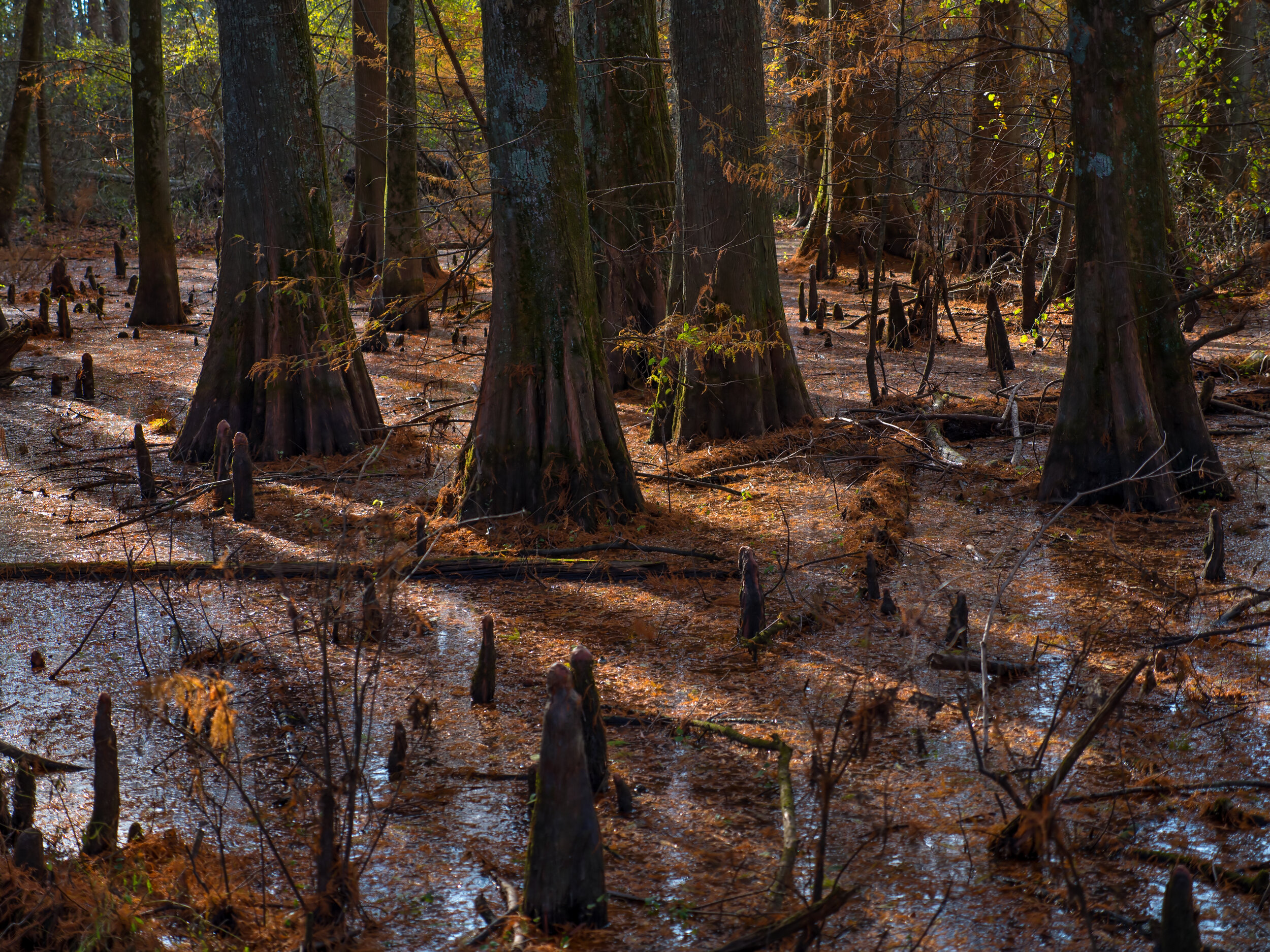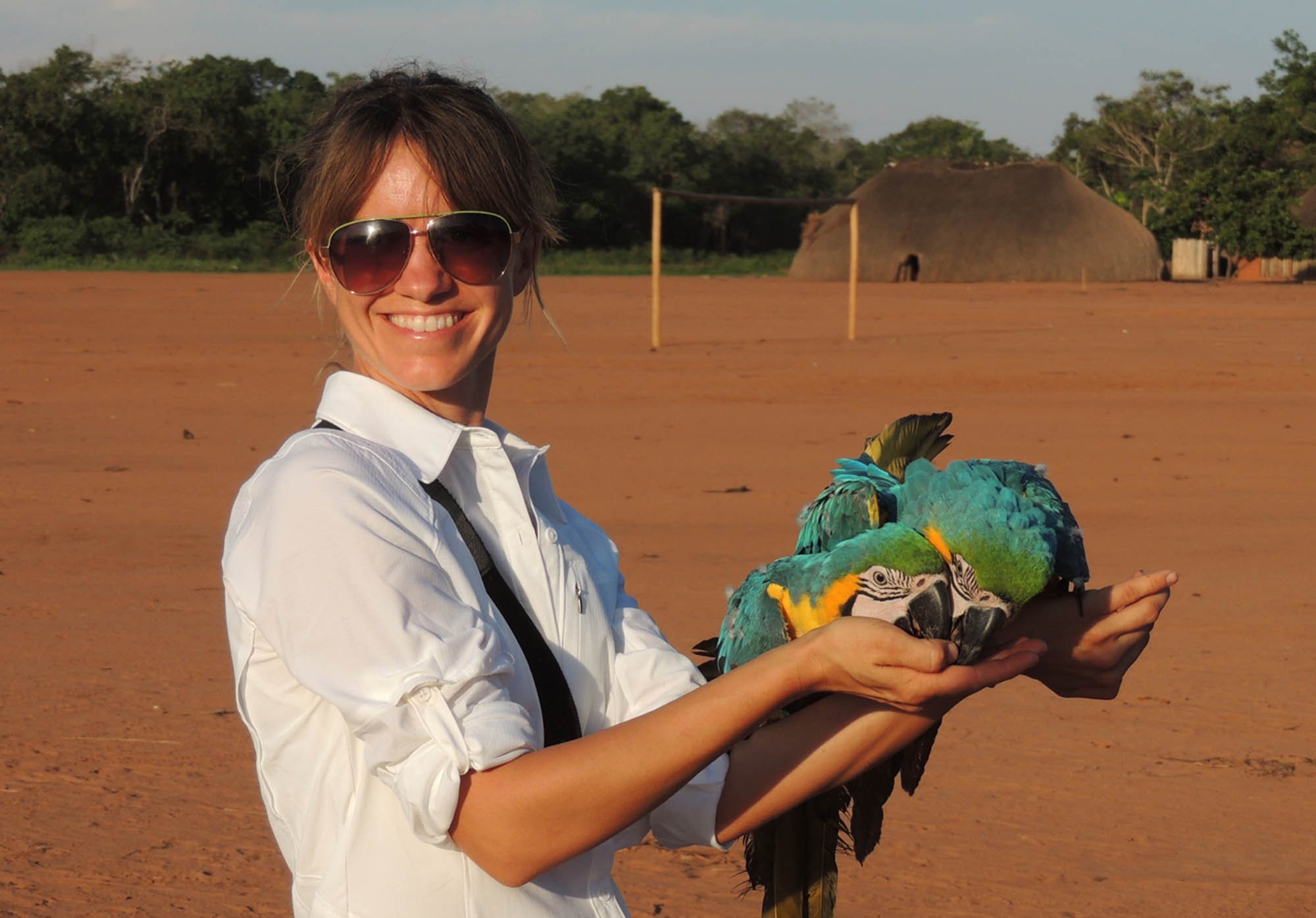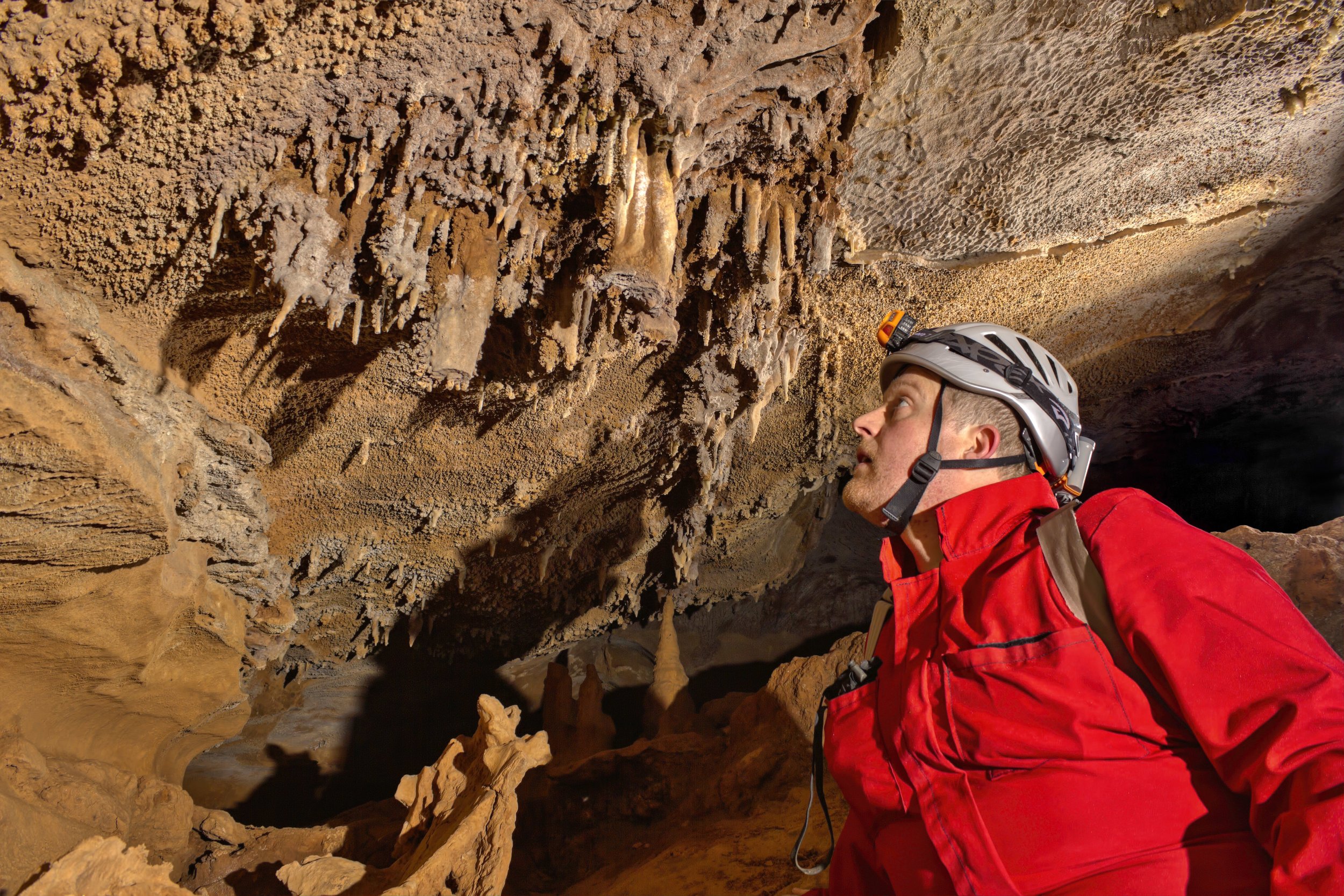
Upcoming events

Events Calendar

Writing With Light
Conservation photographer Michael Forsberg will share insights from his 30-year career documenting the Great Plains and beyond. In this workshop, he’ll offer tips on crafting compelling photographic compositions and teach fundamental techniques to help you feel more confident and prepared in the field.
There will be a book signing opportunity immediately following Michael’s presentations for his acclaimed book Into Whooperland - A Photographer's Journey with Whooping Cranes . You can find him in the ACA Performing Arts Building Lobby after both presentations. Don’t miss the chance to meet the author and take home a signed copy!

Building Blocks of Crane Behavior
Join ICF’s crane behavior workshop for families, where Anne Lacy and other staff from the International Crane Foundation lead an engaging exploration of crane biology and conservation
Once you see your first crane, watching their behavior raises many questions. These might range from how they interact with each other and with other species, to why and when they are territorial, to how they respond to changes in their environment. Cranes are ideal subjects for behavior studies because of their large size and their social nature within a bonded pair, family group, and subadult cohorts. While scientific studies often customize the various categories, one can begin with the basic five: foraging, alert, social, comfort, and locomotion.
In this workshop, International Crane Foundation staff will begin with an introduction of the behavior terms, crane morphology, and life history stages. Following the presentation, they will lead an interactive activity where participants will have the opportunity to collect data on crane behavior from a family of cranes. You will emerge from this experience ready to make your own observations, understanding when a crane is performing behaviors essential to their well-being, and knowledge of how to safely view cranes without disturbing them. This interactive activity is limited to 20 people (first come first served). Participation in the interactive program is not required to attend the presentation portion of this event.

Cranes can dance?
Did you know that cranes can dance? They are also incredibly fierce protectors as well! Families are welcome to join us for a morning of learning all about crane dancing and fighting. Participants will get to practice their crane dance moves and learn all about the tough nature of these fancy-footed birds. This interactive program is geared toward families with elementary and middle school aged children and has limited space.

Hillary Hankey - Avian Behavior International
Alabama Center for the Arts - Visual Arts Building - Room 118
"Enhancing Reintroduction Efforts in Southern Ground Hornbills Through Cross-Disciplinary Knowledge”

Robyn Bailey - Nestwatch
Hidden Heroes: The Role of Citizen Scientists in Studies of Avian Reproduction
Robyn will discuss how ordinary people around the world contribute important bird observations to long-term databases. These contributions help scientists understand how environmental changes affect bird populations. Specifically focusing on North America's nesting birds over the past six decades, Robyn will highlight the pivotal role of citizen scientists in this research. She also offers practical tips on how everyone can make a difference in supporting bird conservation in their daily lives.

Dr. Matthew Niemiller - Cave Life
Alabama Center for the Arts - Visual Arts Building - Room 118
Cave Life of Wheeler NWR: An Underappreciated and Unique Biodiversity
Dr. Niemiller is the head of the Cave Bio Lab at UAH, which employs field, laboratory, and computational approaches to study the ecology, evolution, and conservation of life in caves and other subterranean habitats. Current research includes population surveys and status assessments of state and federally-listed cave and groundwater species throughout the United States and Alaska, developing environmental DNA approaches for population monitoring and community studies of groundwater life, and genetic and genomic studies of cave and groundwater fauna, among others.

Dr. James McClintock - Drug Discovery in Antarctic Seas
Alabama Center for the Arts - Visual Arts Building - Room 118
DRUG DISCOVERY IN ANTARCTIC SEAS
Explore the exciting field of marine natural product drug discovery and efforts to find new chemicals to cure a variety of human diseases from Antarctic marine animals.

Dr. Jon Armbruster - Fish Under Alabama
Alabama Center for the Arts - Visual Arts Building - Room 118
Fish Under Alabama: How Fish Came to Live in Caves
Some of the most inhospitable environments are caves. With no light, any cave organism relies on food that comes from the outside. Despite these conditions, fish have moved into caves many times all over the world. For a long time, we believed that cave organisms had to have small distributions because their lack of eyes and pigments would mean that they would not be able to survive outside of their dark environments. However, one of Alabama’s two cavefishes, the Southern Cavefish, is distributed across Alabama, Georgia, Tennessee, Kentucky, and Alabama. Turns out that the underground world is a lot more complex than we had thought.
